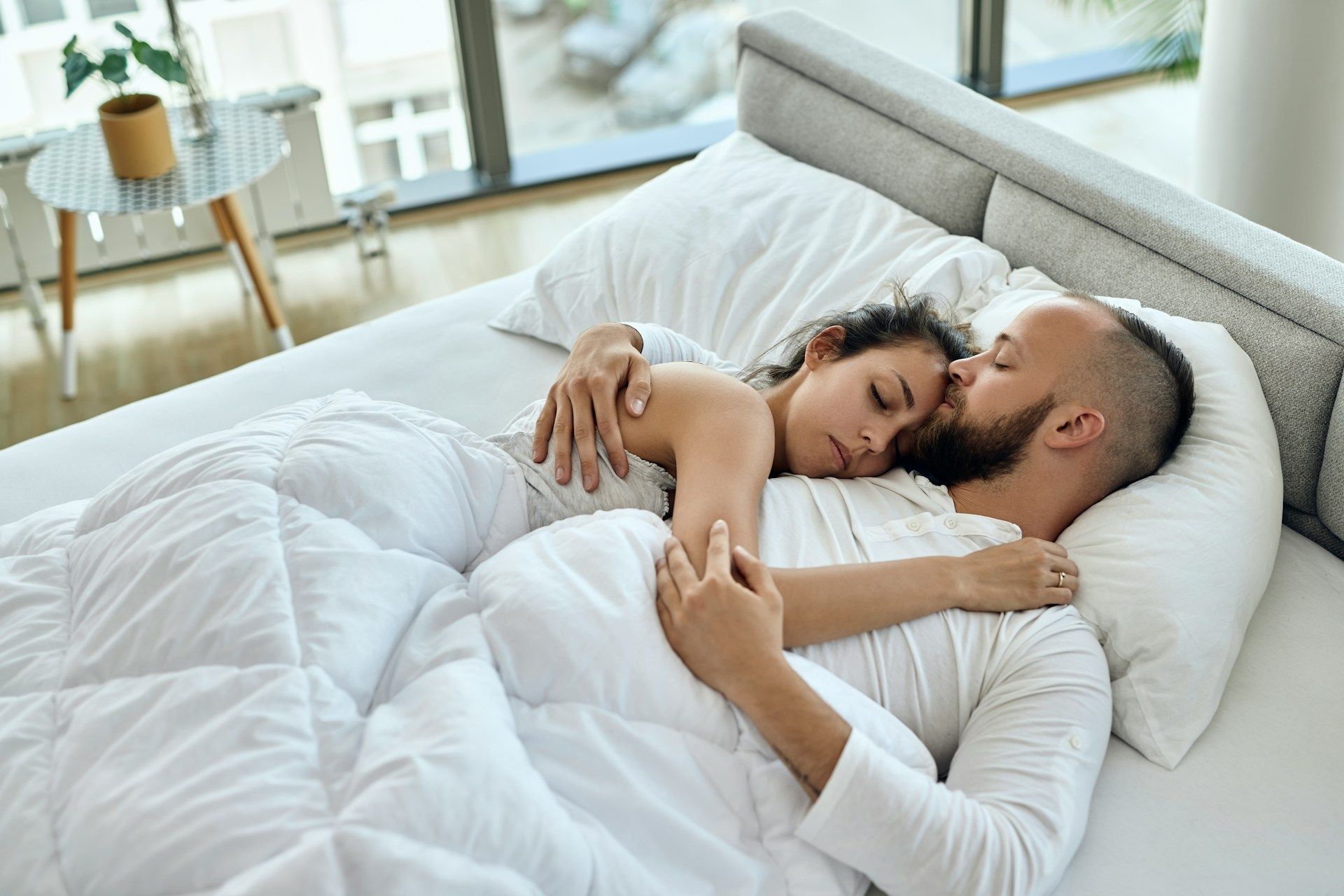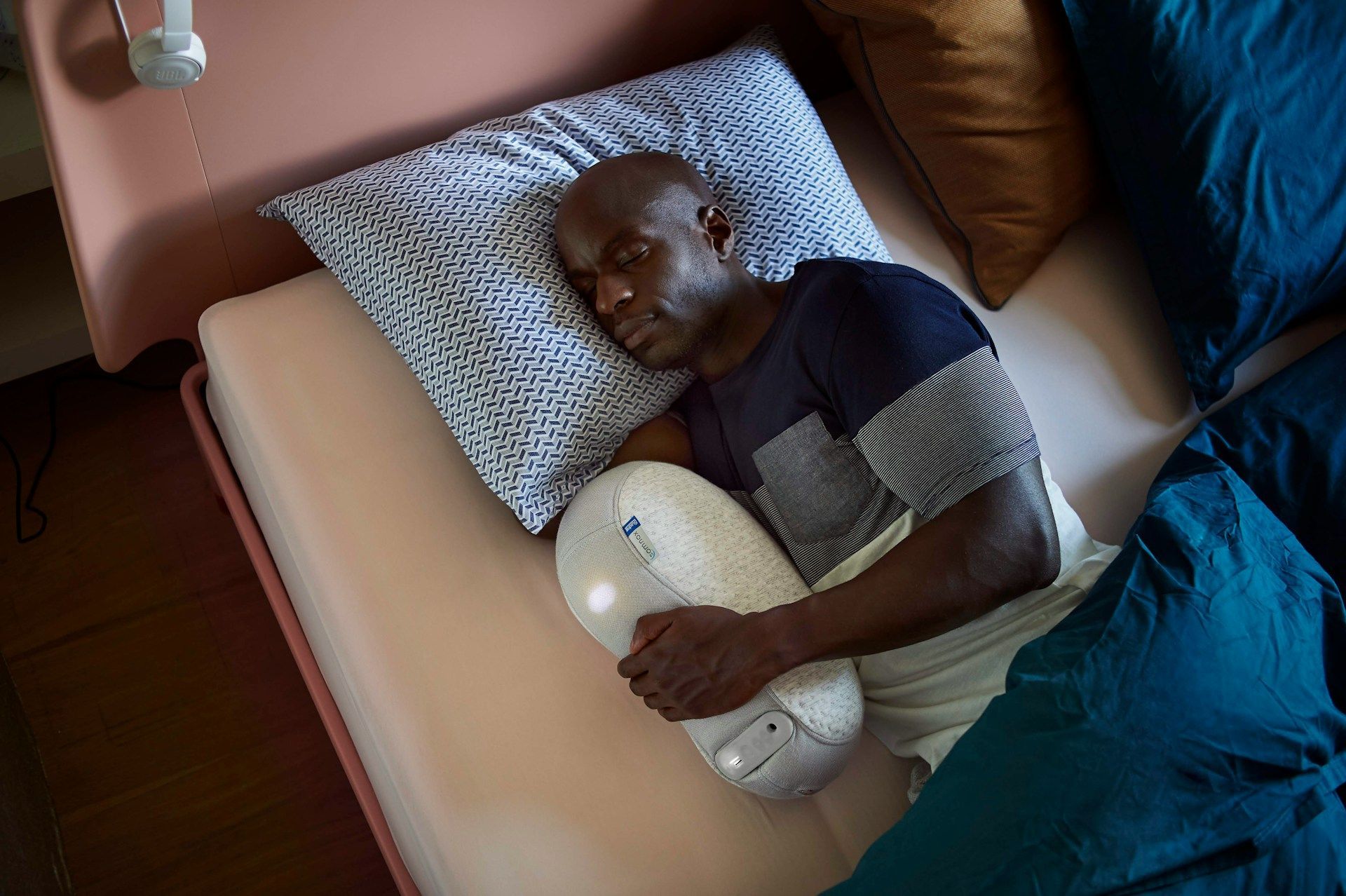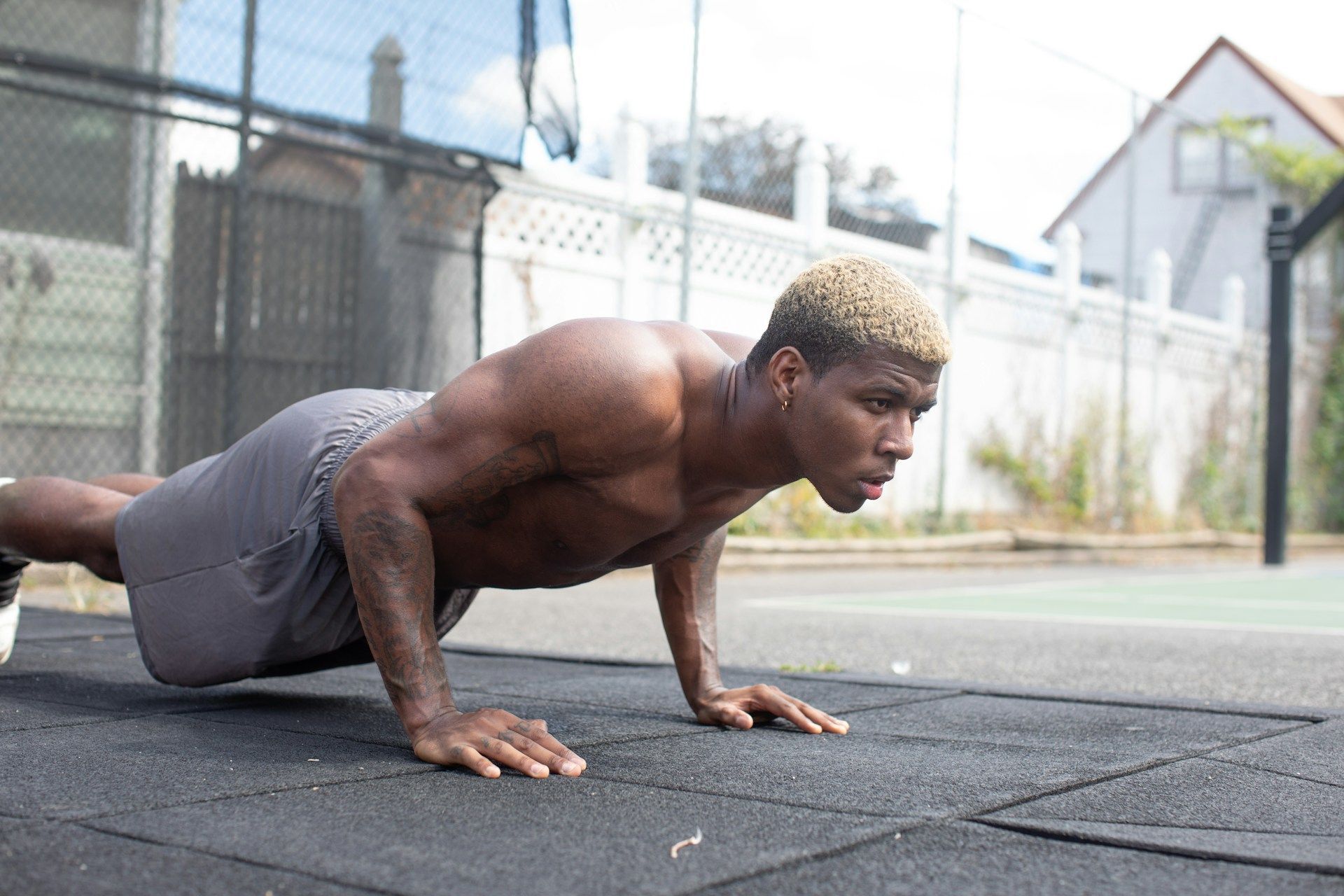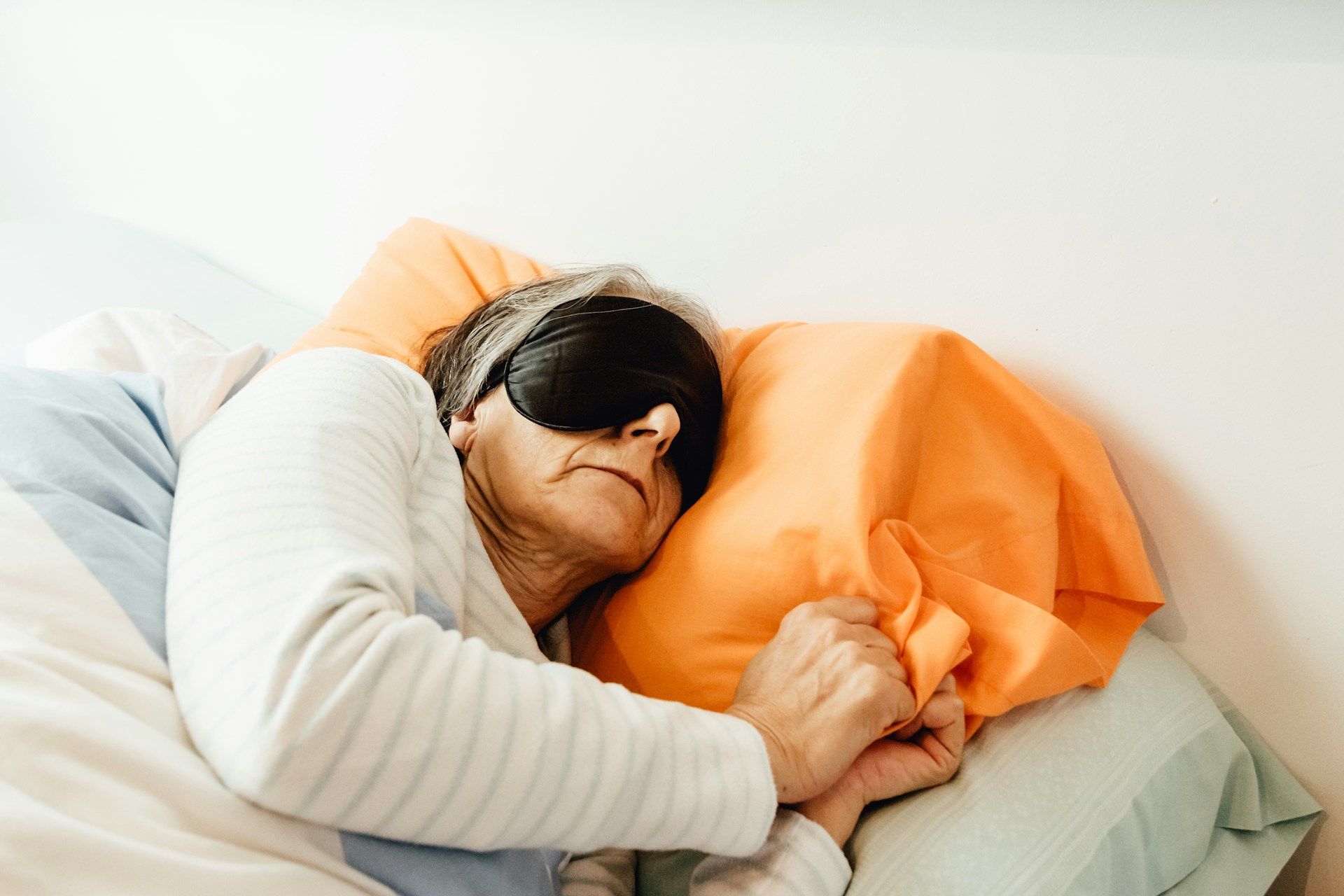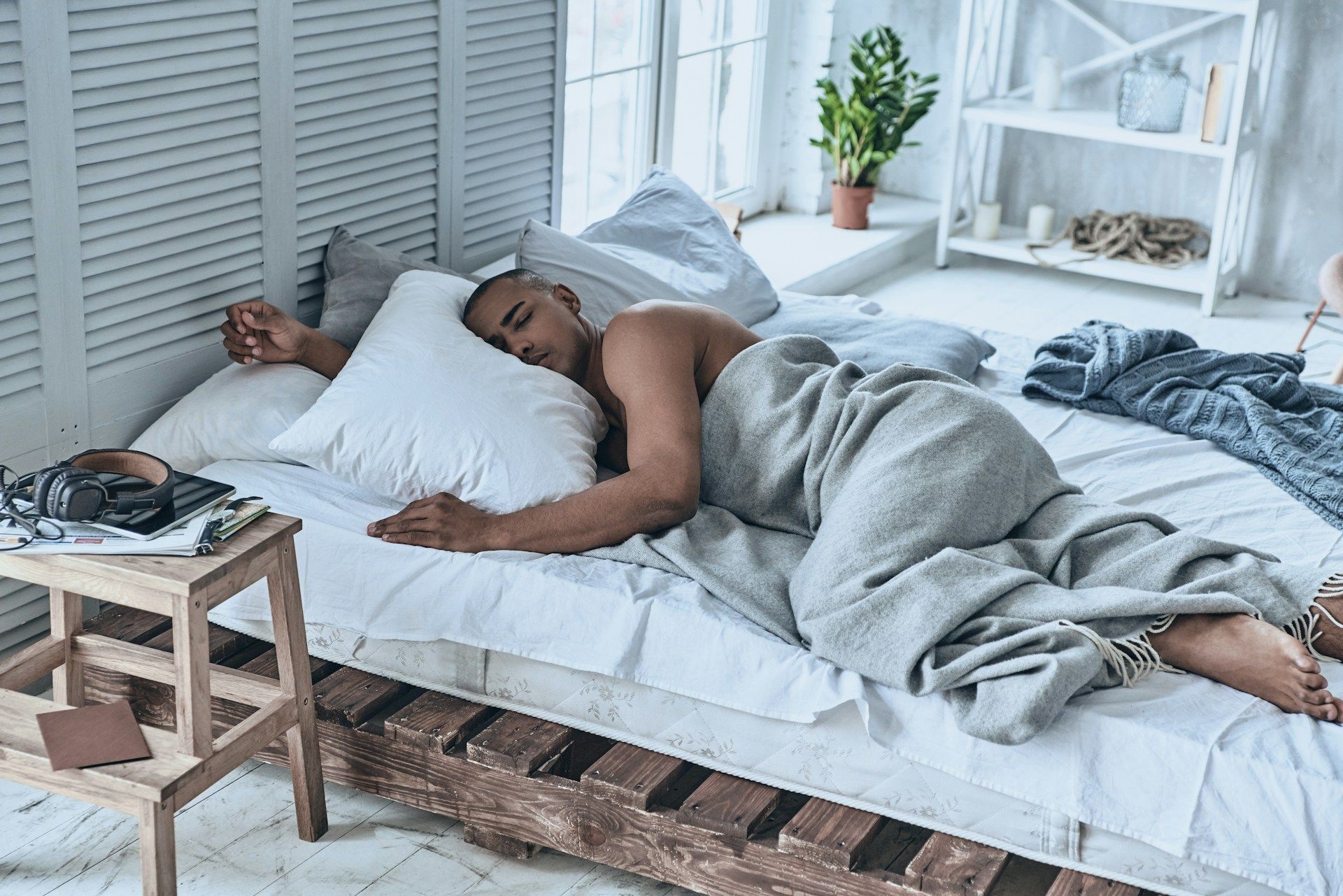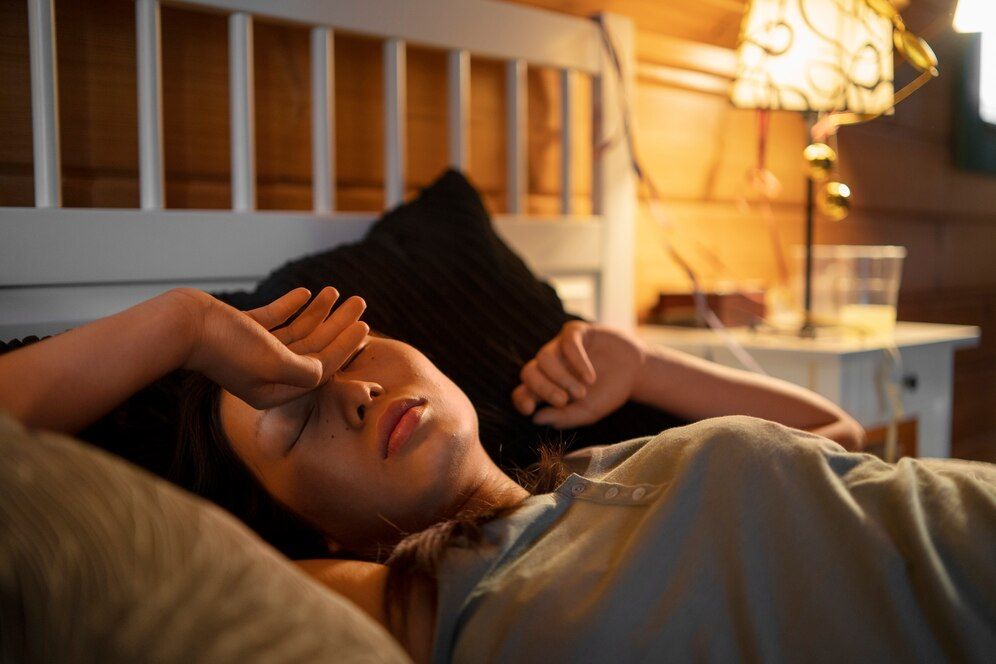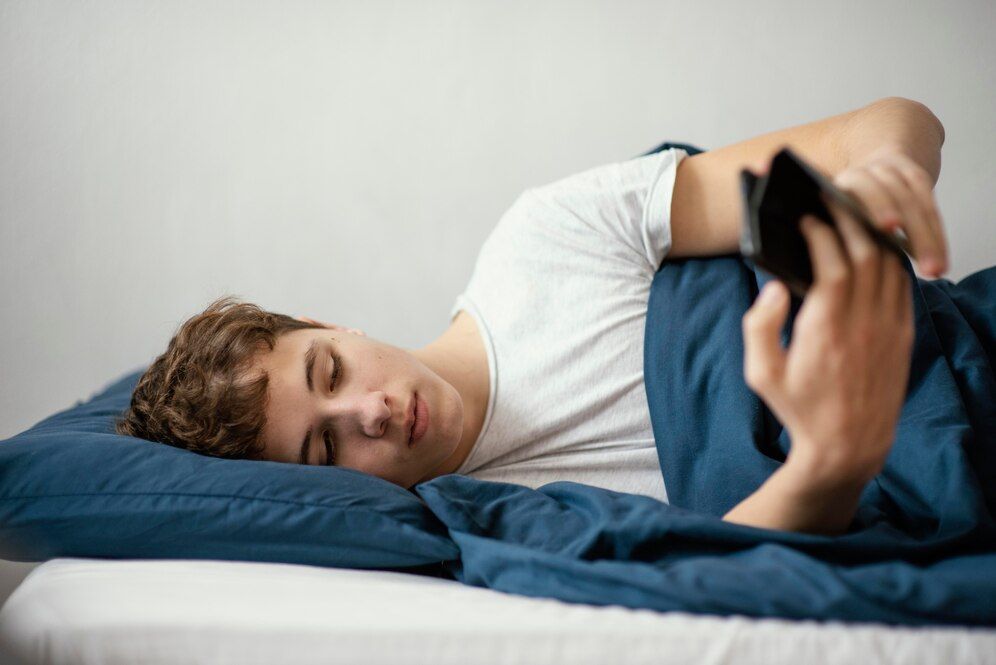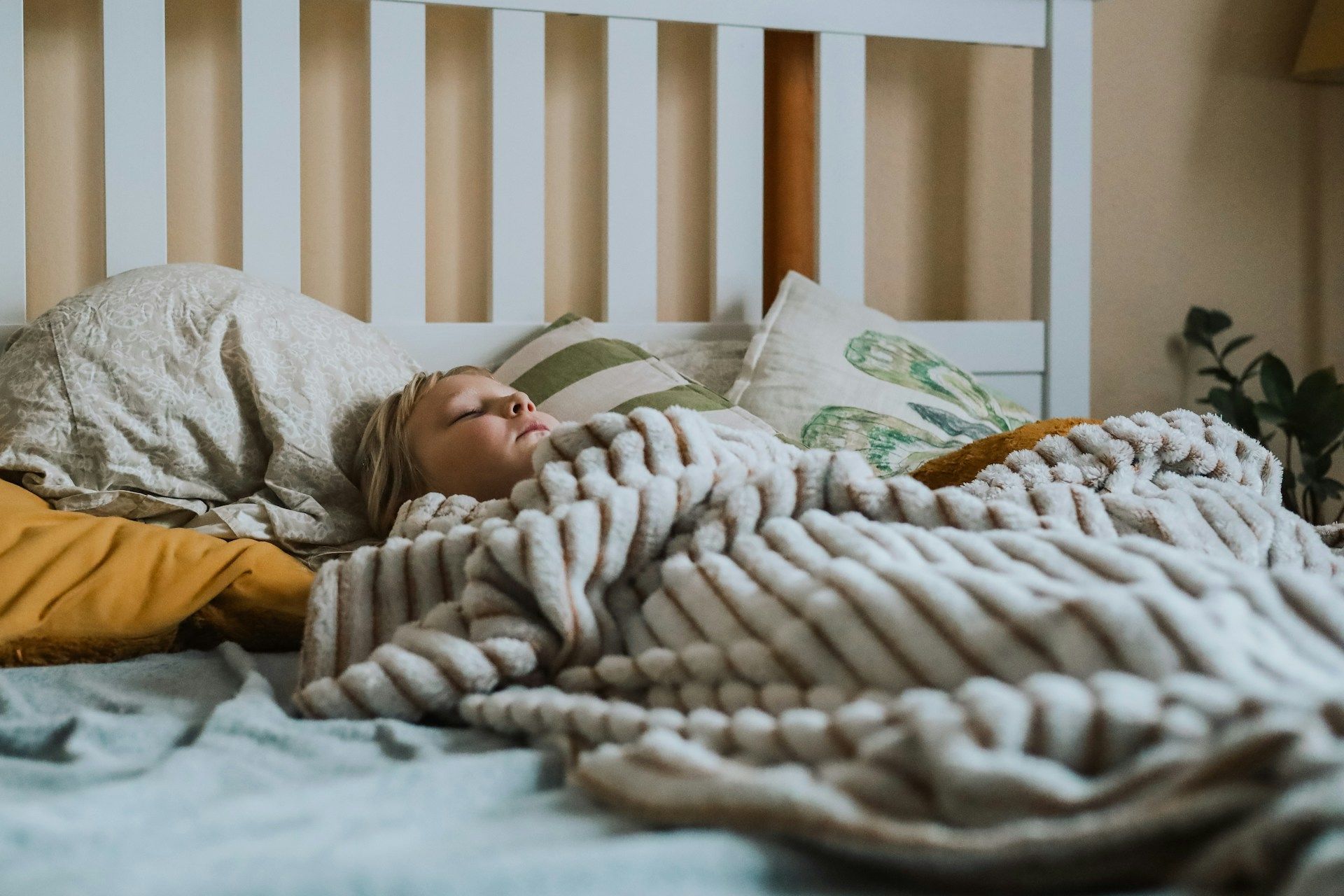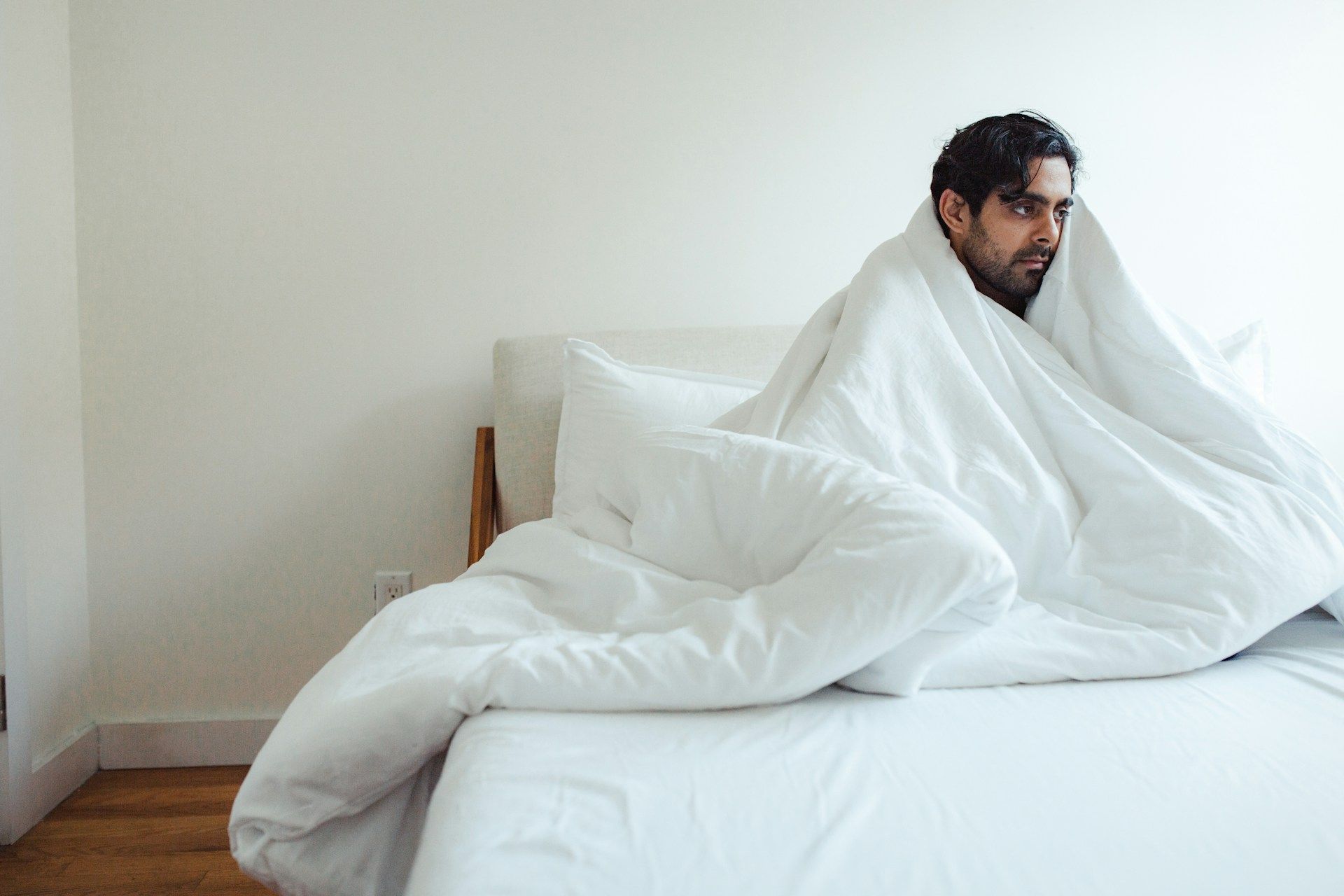Oral Appliances for Sleep Apnea: A Comprehensive Guide to Making the Right Choice

Untangling the complex world of sleep apnea treatments can be a daunting task, especially when it comes to oral appliances. As one of the most common and disruptive sleep disorders, sleep apnea not only interferes with quality rest but also poses serious health risks.
Fortunately, the field of sleep medicine has evolved tremendously, offering an array of solutions to address this issue. Among these options, oral appliances have emerged as a promising, non-invasive alternative for many patients, providing relief from the symptoms of sleep apnea and restoring peaceful slumber.
How to Choose the Right Oral Appliance for Your Sleep Apnea
1. Understanding Different Types of Oral Appliances
Determining which oral appliance is right for you involves understanding the distinctions between various devices. The two main categories of oral appliances are:
- Mandibular Advancement Devices (MADs): These devices resemble mouthguards and work by gently repositioning the lower jaw forward. By doing so, they keep the airway open, preventing obstruction and reducing the frequency of breathing disruptions.
- Tongue-Retaining Devices (TRDs): This type of oral appliance stabilizes the tongue through suction, preventing the tongue from collapsing into the airway during sleep. TRDs are typically recommended for individuals who cannot comfortably use MADs or need additional tongue stabilization due to their anatomical structure.
Each type of oral appliance has its own set of advantages and disadvantages, so it's essential to weigh these factors before making a decision.
2. Factors to Consider When Choosing an Oral Appliance
Wondering how to choose the best oral appliance for your needs? Consider the following factors:
- Severity of sleep apnea: Your sleep apnea's severity plays a crucial role in determining the right treatment option. Milder cases may respond well to either type of device, whereas moderate to severe sleep apnea may require a more aggressive approach, such as the use of a MAD.
- Dental health: Oral appliances require a healthy and stable dental foundation for optimal effectiveness. Individuals with gum disease, loose teeth, or other dental health concerns should consult with Dr. Alan Erickson to determine if oral appliance therapy is appropriate and, if so, which device is best suited for their needs.
- Jaw mobility: The ability to comfortably open and close your mouth is key to successful oral appliance therapy. Jaw mobility may impact the selection of a MAD or a TRD, depending on the specific requirements of either device and any existing jaw limitations.
- Comfort and personal preferences: Ultimately, the best oral appliance for you is the one you will wear consistently and comfortably. It's essential to discuss your preferences and any potential discomfort or concerns with Dr. Alan Erickson during the selection process.
3. Working with Dr. Alan Erickson for Customized Oral Appliance Therapy
Choosing the right oral appliance for sleep apnea treatment requires the expert guidance of a seasoned professional like Dr. Alan Erickson. By partnering with Dr. Erickson, you will receive a tailored approach to your sleep apnea treatment, ensuring successful outcomes. The process typically involves:
- Comprehensive sleep evaluation: Dr. Alan Erickson conducts a thorough assessment to determine the appropriate treatment option based on your sleep apnea severity, dental health, and personal preferences.
- Custom device fitting: Every oral appliance is custom-made to fit your unique dental and anatomical structure, providing maximum comfort and efficacy. Dr. Erickson closely collaborates with dental laboratories to ensure the highest quality and accurate fit of your device.
- Monitoring and adjustments: Dr. Erickson schedules regular follow-up appointments to monitor the effectiveness of your oral appliance, making necessary adjustments and addressing any concerns or questions you may have throughout your treatment journey.
4. Practical Tips for a Successful Oral Appliance Therapy Experience
To further support a successful oral appliance therapy experience, consider implementing the following strategies:
- Practice patience: Adjusting to a new oral appliance can take time. Be patient with yourself as you get used to wearing the device, and give it a chance to work before making any final judgments.
- Maintain dental hygiene: Ensure you continue to practice good dental hygiene, including brushing, flossing, and regular dental check-ups, as well as cleaning your oral appliance regularly.
- Communicate with Dr. Alan Erickson: It's crucial to keep Dr. Erickson informed about your progress and any concerns you may have, as this enables him to make necessary adjustments or consider alternative treatment options if needed.
Make the Right Choice for Your Sleep Apnea Treatment with Dr. Alan Erickson
Selecting the ideal oral appliance for sleep apnea treatment is a significant decision that requires careful consideration and expert guidance. By partnering with Dr. Alan Erickson, patients seeking to improve their sleep and regain control over their health can navigate the world of oral appliance therapy with confidence.
Take the first step toward a restful night's sleep and improved quality of life—schedule a consultation with Dr. Alan Erickson today to explore your oral appliance therapy options.

